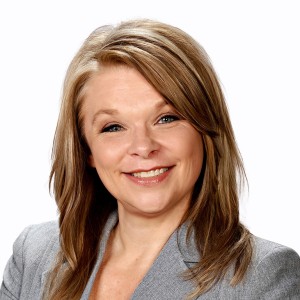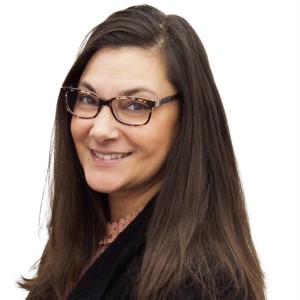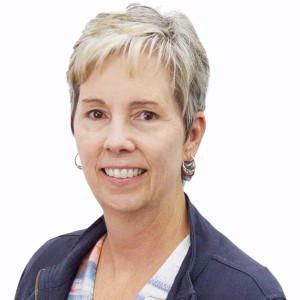First Security will be closed on Monday, February 16, in observance of Presidents' Day. Normal business hours will resume on Tuesday, February 17.
Four Ways to Help Your Kids Develop Good Financial Habits
We always hope our clients feel confident discussing money with their families. But, the truth is, talking about money can be very uncomfortable for many. Where do you begin? What's the right age? The good news is, it's never too early to teach financial literacy.
Here are four tips on how to get started:
Create a financial mission statement.
A mission statement is a formal statement of goals aligned to values. Talk with your spouse and children about what's important to them. Ask what they think money is for and how to earn it, save it, and spend it. Ask them what their goals are and how they'd like to achieve them. Write it down and use it as your guide when your family has to make financial decisions.
Model smart spending habits.
Next time you need to run to the grocery store, involve your children in the process from start to finish. Let them choose what to cook, create a shopping list, and guess how much it will cost. Then, at the grocery store, help them stick to buying only what's on the list, showing them differences in cost by brand. For older kids, compare the cost of eating out versus the cost of a meal prepared at home.
Allow kids to earn their own money.
An allowance offers an excellent way to help children learn how to handle money. Use your family mission statement to guide your decision on whether to require chores to earn it. Either way, an allowance can help a child learn how to save up for things they want.
Give them control.
Open a joint account for your child. Show them how to monitor and manage their account, and then let them go! Check back in a month or so. The account balance doesn't matter nearly as much as helping them understand how their money was spent and the impact of their financial behaviors. Be patient. This is an opportunity to make mistakes and have you there to help them grow and learn.
Helping your kids become financially literate should pay dividends as they get older. We are always happy to answer any questions you have on how to get the whole family involved. Please reach out if you ever need us!







